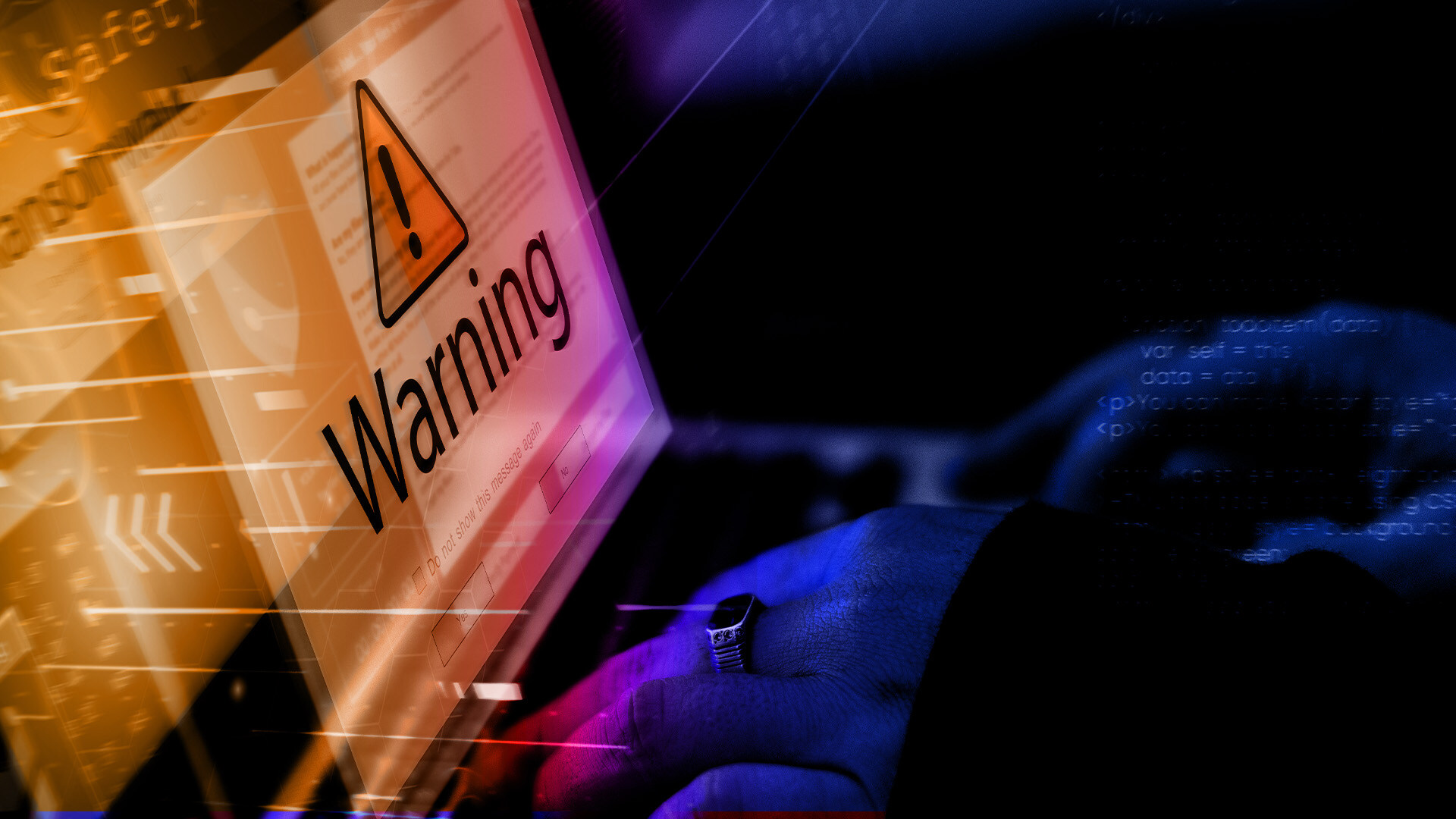
Malicious actors continue to innovate and circumvent current endpoint security measures. The statistics are disturbing: ransomware and other endpoint malware remain significant threats. Despite considerable improvements in Endpoint Detection and Response (EDR) capabilities, adversaries are continuously advancing, increasing the volume and sophistication of their attacks, and employing "land and expand" tactics. EDR will face further challenges due to the widespread adoption of AI technology by attackers. AI enables adversaries to evolve their models more rapidly, enhance targeting in phishing attacks, and accelerate the frequency of their attacks. It only takes one successful attack to cause significant damage.
Ransomware on endpoints increased by 627% from 2022-2023 (WatchGuard)
66% of organizations experienced a ransomware attack in the past year, with 76% of those attacks resulting in data encryption (Sophos)
Since 2020, there have been more than 130 different ransomware strains detected (Virus Total)
Cigent's combination of patented technologies was developed to prevent data tampering even when a device has been compromised. The foundation is zero-trust data access controls – a simple but effective approach to stopping ransomware from infecting files.
Limites exposure.

Data is hidden.

Instantly protects preventing compromise.
Find answers to common questions and concerns about our products, implementation, and support.
What is ransomware and how does it affect my business?
Ransomware is a type of malicious software designed to block access to a computer system or data until a sum of money is paid. For businesses, this can lead to significant disruptions, loss of data, and financial losses. Ransomware can spread through phishing emails, malicious advertisements, or vulnerabilities in software and systems.
How can Cigent help protect my business from ransomware attacks?
Cigent specializes in cybersecurity solutions that protect against ransomware by using advanced threat detection, secure data encryption, and real-time monitoring. Our tools are designed to prevent unauthorized access and to detect suspicious activities early before they can cause harm.
What steps should I take immediately if I suspect a ransomware attack on my network?
If you suspect a ransomware attack, immediately disconnect the affected systems from your network to prevent the spread of the malware. Do not pay the ransom as it does not guarantee data recovery and could potentially fund further criminal activity. Contact Cigent's cybersecurity support team for immediate assistance to secure your systems and begin the recovery process.
Can Cigent help recover data that has been encrypted by ransomware?
While Cigent provides robust solutions to prevent ransomware attacks, recovery of encrypted data can be challenging. Our focus is primarily on proactive measures and resilience strategies to minimize the risk and impact of ransomware.
What are the best practices for ransomware prevention that Cigent recommends?
Cigent recommends implementing a multi-layered security approach including regular software updates, comprehensive backup strategies, employee training on phishing awareness, and the use of advanced security solutions like those we offer. Regular risk assessments and security audits are also crucial in identifying and mitigating potential vulnerabilities.